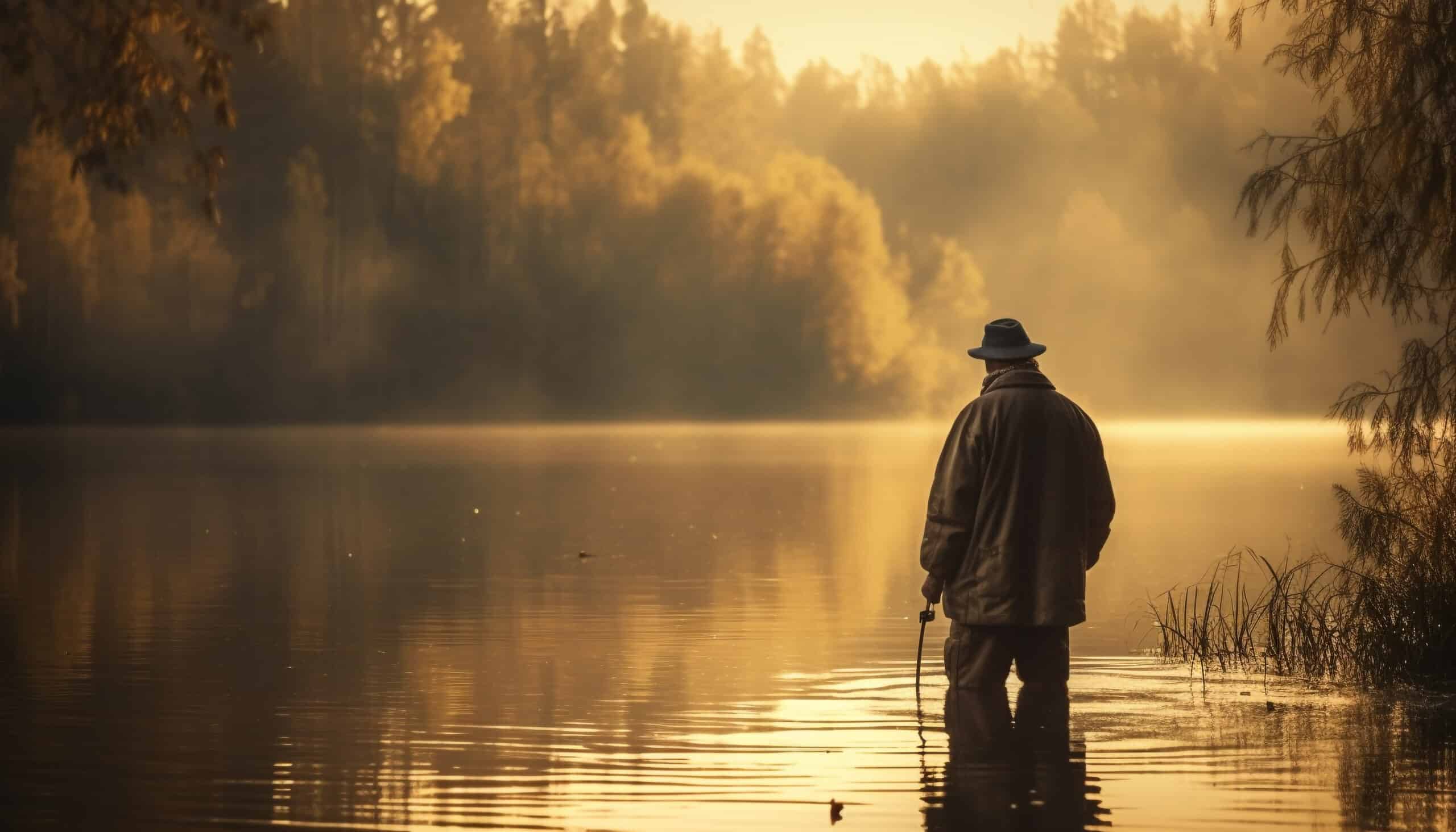Where is the Best Place to Catch Fish in a Lake?
Key Takeaways
- The northern end of Lake Winnipesaukee in New Hampshire is known for smallmouth bass, while the deeper parts of the lake are ideal for lake trout
- Perry Lake in Kansas offers a variety of fishing opportunities, with different spots being productive for largemouth bass, smallmouth bass, crappie, catfish, sauger, and white bass
- Lake Lanier in Georgia provides diverse fishing locations such as the dam, islands, rivers, and docks, catering to a wide range of fishing preferences
When it comes to fishing in a lake, one of the most common questions anglers ask is “Where is the best place to catch fish?” While the answer can vary depending on the specific lake and the species of fish you are targeting, there are some general areas that tend to be more productive than others. In this article, we will explore several lakes and the best fishing spots within them.
Lake Winnipesaukee, New Hampshire
Lake Winnipesaukee in New Hampshire is known for its diverse fish population, including smallmouth bass and lake trout. According to Best Fishing in America, the most productive fishing areas in Lake Winnipesaukee are the northern end of the lake near Multonborough and Center Harbor for smallmouth bass, and the deeper parts of the lake for lake trout. If you’re looking to catch these species, these locations are your best bet.
Perry Lake, Kansas
If you find yourself in Kansas, Perry Lake is a great spot for fishing. According to Best Fishing in America, the top locations for catching fish in Perry Lake are the creek arms for largemouth bass and the main lake points for smallmouth bass. The bridges are a great spot for crappie fishing, and depth changes such as creek and river channels are good for catfish. The dam is a popular area for sauger fishing, and white bass can be found around bridges and in the main river channel or lake. With so many different species to target, there are plenty of opportunities to find success at Perry Lake.
Lake Lanier, Georgia
Heading down to Georgia, Lake Lanier offers a variety of fishing opportunities. According to Lake Access, some of the top locations for catching fish in Lake Lanier include the dam, the islands, the rivers, and the docks. These areas provide a diverse range of habitats and cover where different species of fish can be found. Whether you’re targeting bass, catfish, or crappie, Lake Lanier has something to offer.
Conclusion
While the best place to catch fish in a lake can vary depending on the specific lake and the species you are targeting, there are often certain areas that tend to be more productive than others. In Lake Winnipesaukee, the northern end of the lake is known for smallmouth bass, while the deeper parts of the lake are ideal for lake trout. Perry Lake in Kansas offers a variety of fishing opportunities, with different spots being productive for largemouth bass, smallmouth bass, crappie, catfish, sauger, and white bass. Lake Lanier in Georgia provides diverse fishing locations such as the dam, islands, rivers, and docks, catering to a wide range of fishing preferences.
Related Websites:
FAQs:
Q: Where is the best place to catch fish in a lake?
The best place to catch fish in a lake can vary depending on various factors. It is important to research the specific lake you plan to fish in to understand its fish species, their behavior, and seasonal patterns. Look for potential fishing spots with submerged structures, drop-offs, weed beds, and points. You can also use fish finders or sonar devices to locate these spots. Additionally, consulting local anglers, fishing forums, or guidebooks can provide valuable insight into the best fishing spots in the area.
Q: What factors influence fish activity in a lake?
Fish activity in a lake is influenced by various factors. Weather conditions play a significant role in fish behavior and feeding patterns. Water temperature affects the location and activity level of fish. Sunlight, wind, and water clarity also play a part in determining fish behavior. It is important to consider these factors while choosing your fishing spots and adjusting your fishing techniques accordingly.
Q: Why is it important to research the specific lake before fishing?
Researching the specific lake before fishing is important to increase your chances of success. By understanding the lake’s fish species and their behavior, you can identify potential fishing spots and choose the right bait and techniques. It is also crucial to know the seasonal patterns and migration routes of the fish in order to target them effectively. Additionally, you can gather information about any fishing regulations and licensing requirements that apply to the lake.
Q: What are some additional considerations when fishing in a lake?
When fishing in a lake, it is important to be patient, observant, and adaptable to changing conditions. Patience is key as fishing may require waiting for the right moment. Observing the behavior of fish and the surrounding environment can provide valuable insights. Hiring a fishing guide or joining a local fishing club can enhance your fishing experience by providing expert guidance. Lastly, practicing catch-and-release fishing helps preserve fish populations for future generations to enjoy.
Q: What are the benefits of hiring a fishing guide or joining a local fishing club?
Hiring a fishing guide or joining a local fishing club can offer numerous benefits when fishing in a lake. They possess local knowledge and expertise, which can significantly increase your chances of success. They can provide valuable insights into the best fishing spots, techniques, and tackle to use. Moreover, fishing guides and clubs often offer a great opportunity to connect with other anglers, learn from their experiences, and build a sense of community around fishing.






